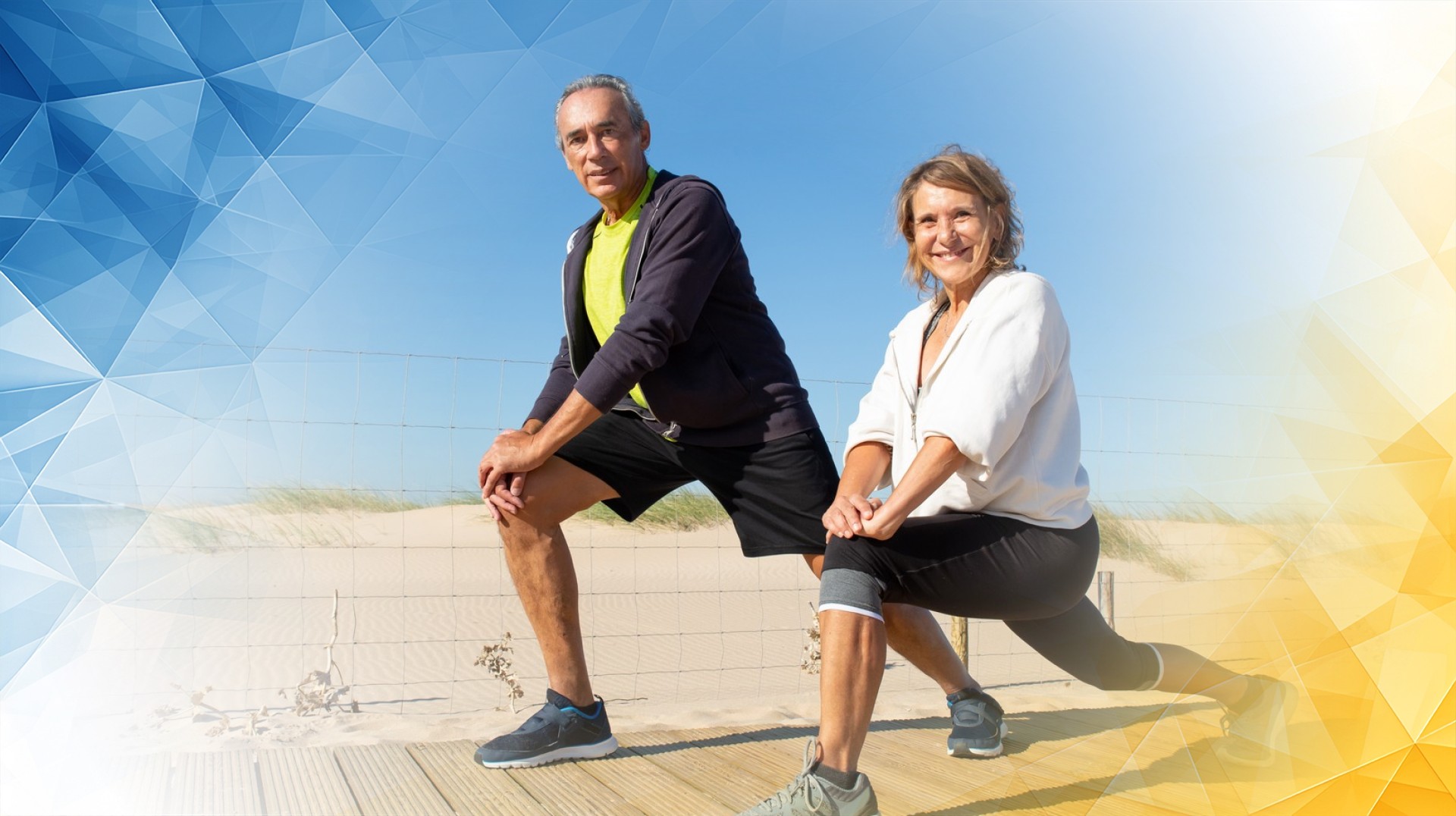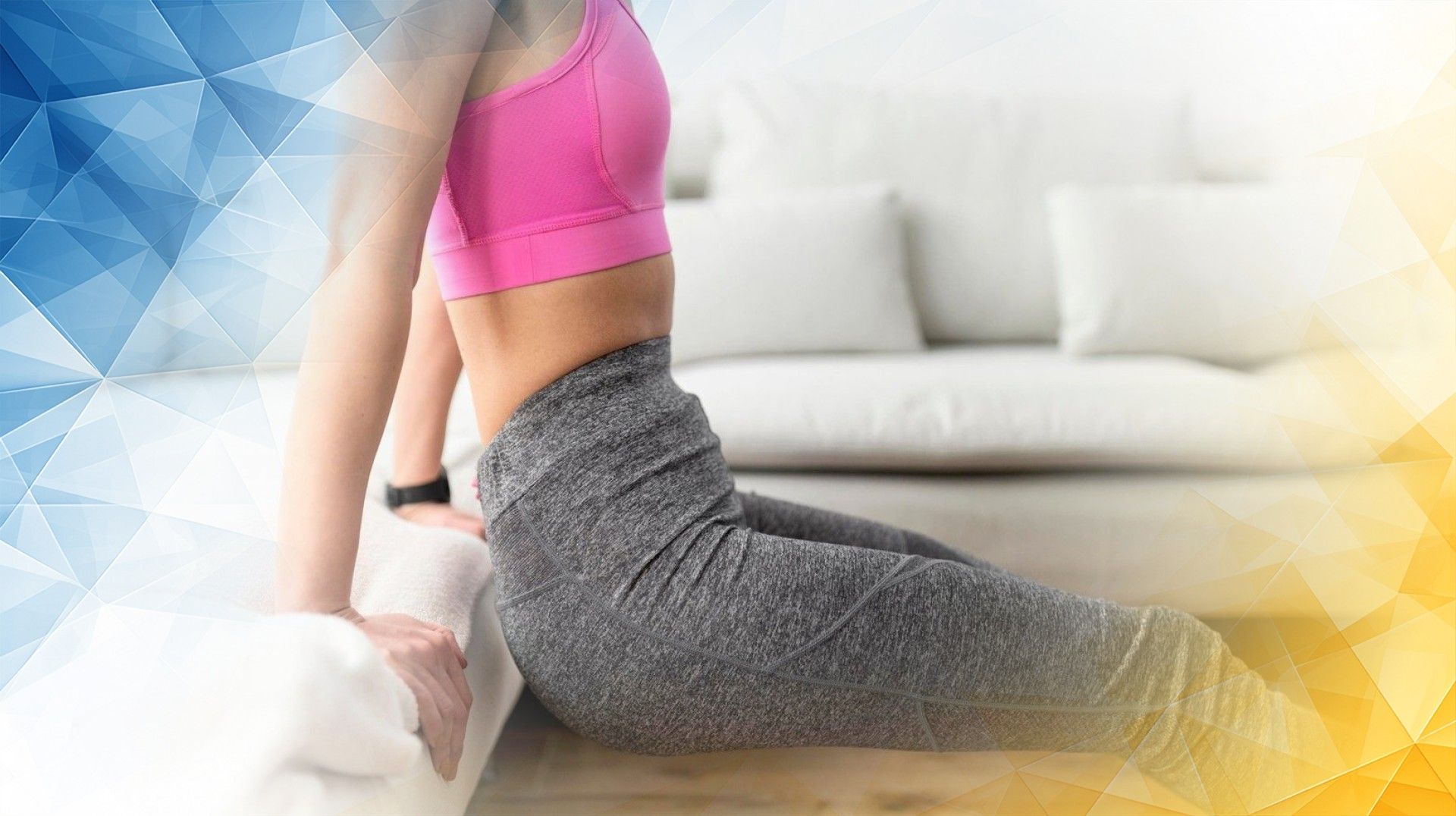



Getting enough rest during pregnancy isn’t just important—it’s essential. Yet, for many expectant mothers, hip pain can make comfortable sleep feel impossible. Your body is changing rapidly to support your growing baby, and hip discomfort is a common challenge that can disrupt precious rest. In this guide, we’ll explore practical sleeping positions that can help ease hip pain and promote better sleep throughout your pregnancy.
Pregnancy triggers the release of a hormone called relaxin , which loosens the ligaments that hold your joints together to prepare for childbirth. While this increased flexibility is helpful for delivery, it can make your hips feel unstable and lead to pain.
As your baby grows, added weight shifts your posture and puts extra pressure on your hips and lower back. Some sleeping positions add to this strain, especially if your body twists or sinks unevenly during the night. Understanding these changes can empower you to make small adjustments that have a big impact on your comfort.
How you sleep can directly influence how much hip pain you experience during pregnancy. With the right sleeping posture , you can distribute your body weight evenly, relieve pressure points, and keep your spine aligned—all of which help reduce hip discomfort .
Traditionally, healthcare providers suggest sleeping on your left side to improve blood flow. While this remains good advice, experts now also recommend adapting your sleeping position with supportive pillows or modifying your body’s angle for greater comfort. Minimizing pain not only leads to better sleep but also helps boost your overall energy and well-being.
Simple props like pillows and wedges can make a world of difference, helping you find a sleeping position that eases pain and supports your body.
Sleeping on your left side is still encouraged for optimal circulation during pregnancy, but finding relief for hip pain may require personalizing your approach. Experts now endorse experimenting with different pillows, cushions, and sleeping angles to discover what feels best for you.
Give yourself permission to adjust your sleep setup as needed. Your body’s needs may change throughout your pregnancy—being flexible will help you find positions that work best for you night after night. Rather than sticking strictly to one position, focus on comfort and support.
Hip pain doesn ’t have to steal your sleep during pregnancy. By using helpful sleeping positions—like side-lying with pillows, semi-reclined with leg support, or, during early pregnancy, a modified back-lying position—you can reduce pain and get the rest you need.
As always, talk to your healthcare provider about your particular situation; they can offer tips and reassurance tailored to your needs. Remember, taking care of your comfort at night is a key part of caring for both yourself and your baby.
Kim, D. J. (2017). Ultrasound-guided radiofrequency lesioning of the articular branches of the femoral nerve for the treatment of chronic post-arthroplasty hip pain. Pain Physician, 20(2), E323–E327.
Parimi, N., Blackwell, T., Stone, K. L., Li‐Yung Lui, S., Ancoli‐Israel, S., Tranah, G. J., Hillier, T. A., Nevitt, M. E., & Lane, N. E. (2012). Hip pain while using lower extremity joints and sleep disturbances in elderly white women: Results from a cross‐sectional analysis. Arthritis Care & Research, 64(7), 1070-1078. https://doi.org/10.1002/acr.21630
Lahousse, A., Ivakhnov, S., Nijs, J., Beckwée, D., Cools, W., Fernández‐de‐las‐Peñas, C., Roose, E., & Leysen, L. (2022). The mediating effect of perceived injustice and pain catastrophizing in the relationship of pain on fatigue and sleep in breast cancer survivors: A cross-sectional study. Pain Medicine, 23(7), 1299–1310. https://doi.org/10.1093/pm/pnac006
All our treatments are selected to help patients achieve the best possible outcomes and return to the quality of life they deserve. Get in touch if you have any questions.
At London Cartilage Clinic, we are constantly staying up-to-date on the latest treatment options for knee injuries and ongoing knee health issues. As a result, our patients have access to the best equipment, techniques, and expertise in the field, whether it’s for cartilage repair, regeneration, or replacement.
For the best in patient care and cartilage knowledge, contact London Cartilage Clinic today.
At London Cartilage Clinic, our team has spent years gaining an in-depth understanding of human biology and the skills necessary to provide a wide range of cartilage treatments. It’s our mission to administer comprehensive care through innovative solutions targeted at key areas, including cartilage injuries. During an initial consultation, one of our medical professionals will establish which path forward is best for you.
Contact us if you have any questions about the various treatment methods on offer.
Legal & Medical Disclaimer
This article is written by an independent contributor and reflects their own views and experience, not necessarily those of londoncartilage.com. It is provided for general information and education only and does not constitute medical advice, diagnosis, or treatment.
Always seek personalised advice from a qualified healthcare professional before making decisions about your health. londoncartilage.com accepts no responsibility for errors, omissions, third-party content, or any loss, damage, or injury arising from reliance on this material. If you believe this article contains inaccurate or infringing content, please contact us at [email protected].